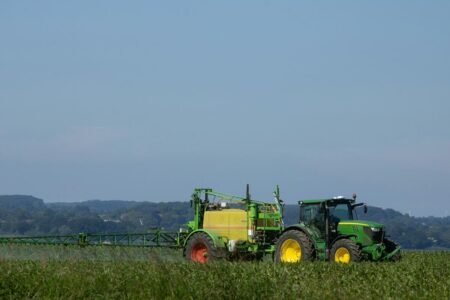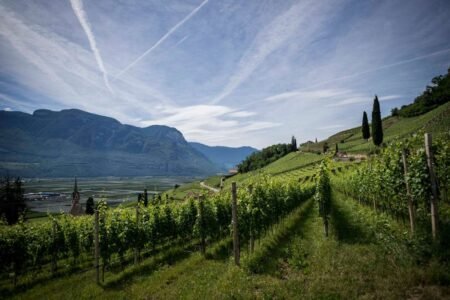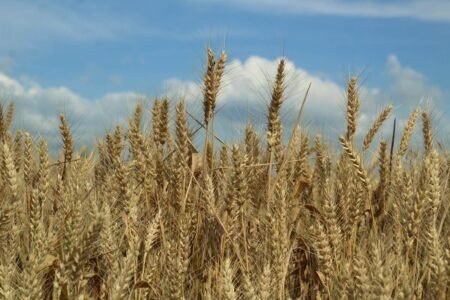The aim of this consultation is to ensure a strategic and regulatory framework for the protection of agricultural products and to promote their quality. In this respect, the European Commission intends to open a wide discussion on the existing instruments, on how they could be improved and on new initiatives which could be considered. Three areas are being reviewed: farming requirements and marketing standards, existing quality schemes and certification schemes.
Advertisement
ACT
Green Paper of 15 October 2008 on agricultural product quality [COM(2008) 641 final Not published in the Official Journal].
SUMMARY
Quality is the European farmers most potent weapon in facing competition from emerging countries. In Europe the quality of agricultural products rests on the highest levels of safety guaranteed by Community legislation throughout the whole of the food chain and on other aspects (methods and location of production, etc.).
Quality issues related to food safety which are already covered by other Community actions on nutritional labelling or animal welfare do not form part of this consultation.
Production requirements and marketing standards
Food produced in the European Union (EU) adheres to a range of farming requirements. The aim of these requirements is to ensure that all products placed on the market comply with hygiene and safety standards and also respond to a number of environmental, ethical, social, etc. concerns. Many of these farming requirements -those not referring to product hygiene and safety – do not necessarily apply in respect of imported foodstuffs. However, European consumers cannot distinguish between products which adhere to these standards and those which do not. In order to better inform consumers, it is important to ask stakeholders about the possibility of creating a symbol which indicates that a product has been produced in compliance with certain production rules or on the need to indicate the place of production (EU/Non-EU) of primary products.
European marketing standards replace the different national standards. Their aim is to help farmers to offer quality products which meet consumer expectations and facilitate price comparison fordifferent qualities of product. For the majority of agricultural products, they will take the form of regulations that lay down definitions of products, minimum product standards, product categories and labelling requirements. As part of the consultation, stakeholders are asked about the need to define and impose compulsory elements (farming requirements, quality classifications, etc.), reserved terms (term farmhouse, mountain product) at the European level and on the need to simplify the current marketing standards.
European quality schemes
The system of geographical indications ensures the protection of intellectual property. This system includes Protected Designations of Origin (PDO) and Protected Geographical Indications (PGI) which describe the characteristics (PDO) or the reputation (PGI) of a product which are connected to their geographical area of origin. For consumers, geographical indications guarantee authentic, quality products which meet their expectations. To benefit from a PDO, all stages of production should, in principle, have taken place in the geographical area of origin. In the case of a PGI only one stage of production will suffice (this is the case with spirits in particular). The Green Paper aims to identify the necessary means to improve and develop the system of geographical indications as well as to protect this system in third countries.
The system of Traditional Specialities Guaranteed (TSG) was created in 1992. The TSGs are agricultural products or foodstuffs that have traditional composition or that are produced using traditional raw materials or traditional methods of production. Since its creation, only 20 TSGs have been registered under this system. This relatively low number raises the question whether a better means of identifying and promoting traditional specialities exists.
Since the adoption of Regulation (EC) No 834/2007 on the production and labelling of organic products, the main challenge has been to create an internal market for organic food. At present the market for organic food functions essentially along national lines. It is important, therefore, to consider possibilities which would enable the creation of a genuine single market for organic food at the EU level.
The system aimed at promoting quality products originating from the outermost regions rests on the introduction of a logo. To obtain this logo, producers must adhere to a number of requirements defined in compliance with Community regulations or in their absence, international regulations. To what extent could trade organisations, following the example of Spain and France, adopt additional specific requirements aimed at improving the quality of regional products and increasing the volume of quality agricultural products originating from the outermost regions of the EU?
Should other systems emerge, for example to identify products of high-nature value or mountain products?
Quality certification schemes
For consumers, food quality certification schemes offer additional guarantees that the label claim can be relied on. These schemes concern not only compliance with compulsory production standards, but also requirements such as environmental protection, animal welfare, fair trade, religious or cultural considerations, farming methods, product origin, etc. These requirements have led to a multitude of certification schemes and quality labels which sometimes give rise to concerns about the transparency of the requirements of the systems in question, the reliability of the claims and the fairness of commercial relations. The Green Paper opens the debate on how to protect the consumer and avoid additional constraints and costs for producers.
Context
The Commission invites all organisations and citizens who have an interest in the quality of agricultural products to submit their contributions before 31 December 2008. These contributions will form a basis for developing a Communication (Commission document establishing strategic guidelines) which should be published in May 2009.







